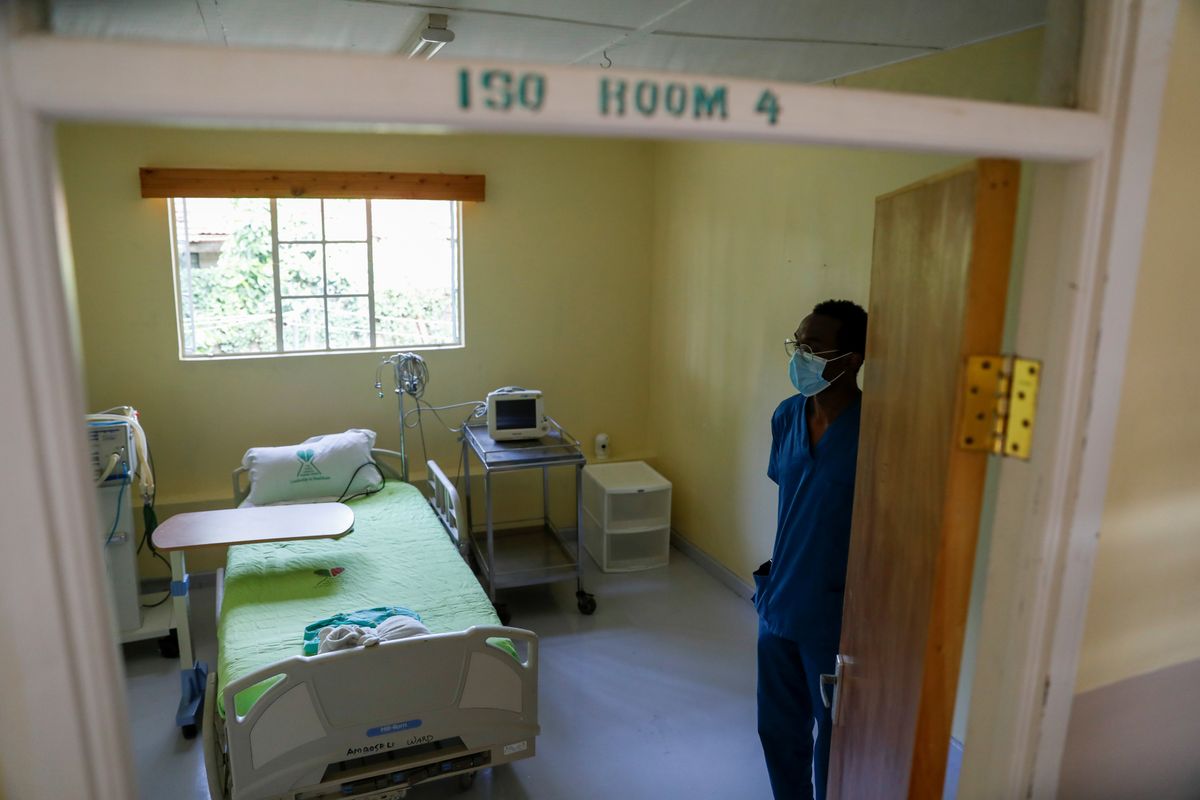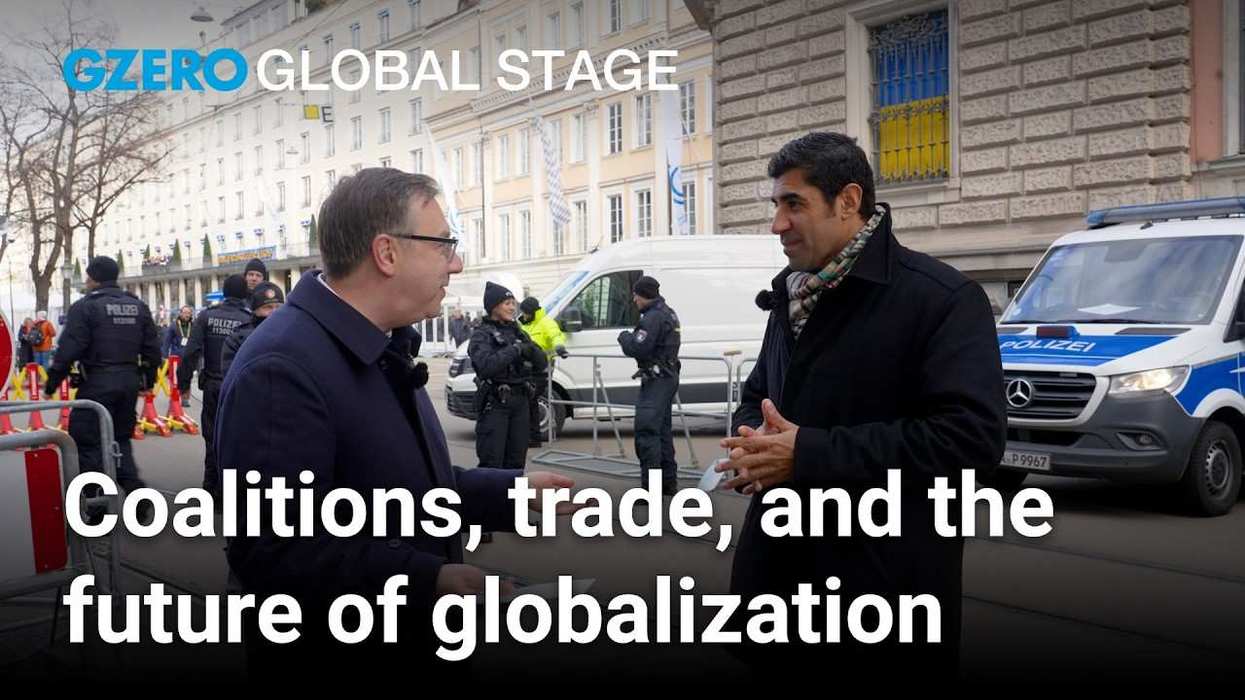India's premature reopening? When India implemented the largest human lockdown in history back in March, it appeared to have averted a disaster, curbing the spread of COVID-19 before it swept the world's second most populous country. (To date, India has some 53,000 confirmed cases, a much lower per capita rate than most countries, though its testing capacity is limited.) But as the government – concerned about the devastating economic impact of the lockdowns on hundreds of millions of poor or low-income families – moved to lift some restrictions this week, COVID-19 infection rates quickly spiked, and the daily death rate from the disease surged from a handful in mid-April to over 100 in recent days. Most of India's coronavirus cases are in bustling urban areas where some people already seem to be suffering social distancing "fatigue" – including police who have been laxer in enforcing measures. While public health experts don't know whether recent numbers represent a definitive upward trajectory of COVID cases in India, they agree on one thing: the coronavirus outbreak there has still not peaked.
The great Gulf exodus: For decades, foreign workers – mainly from South and Southeast Asia, but also from Egypt and the Levant – have formed the economic backbone of the Persian Gulf economies. In the UAE, for example, the foreigners who drive the buses, care for the kids, run the shops, and toil on construction sites outnumber Emiratis by a staggering ratio of 9 to 1. But now, as coronavirus shutters economies across the region, many of the 35 million foreigners in the UAE, Bahrain, Saudi Arabia, Oman, Qatar, and Kuwait want to leave, as their jobs vanish and COVID-19 rips through the cramped workers compounds where many blue-collar foreigners live. With hundreds of thousands of them now seeking to leave, there's a big dilemma for their home countries. On the one hand, they are under pressure to bring their own citizens back – India, for example, has readied plans to bring home a million or more. But as they struggle to control outbreaks of their own, they also fear introducing more vectors of the disease from heavily infected countries abroad.


















